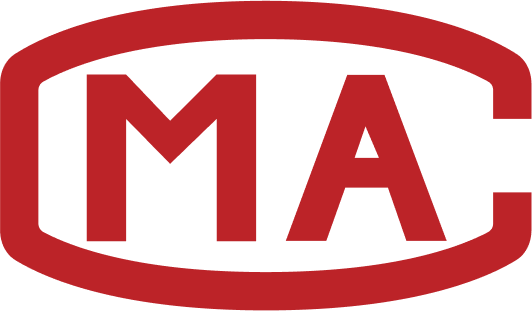The importance and application of corrosion resistance testing for metal materials
Date:2024-06-03 14:29:41Views:50
The corrosion resistance of metal materials is a crucial quality indicator in industrial production and manufacturing processes. Whether used in construction, automotive manufacturing, aerospace, or other fields, the corrosion resistance of metal materials directly affects the lifespan, safety, and sustainability of products. Therefore, conducting corrosion resistance tests on metal materials is crucial. This article will introduce the importance of corrosion resistance testing for metal materials, common testing methods, and their significance in industrial applications.
The importance of corrosion resistance testing for metal materials
Metal materials are often affected by various environmental factors during use, such as humidity, salt spray, chemicals, etc., which can lead to corrosion. Therefore, the corrosion resistance of metal materials is directly related to the service life and performance stability of products. Through corrosion resistance testing, the corrosion behavior of metal materials under different environmental conditions can be evaluated, thereby predicting their performance in practical use. This helps manufacturers choose suitable materials, design more corrosion-resistant products, and ensure product reliability in harsh environments.
_20240603142632_353.jpg)
Common corrosion resistance testing methods for metal materials
1. Accelerated corrosion test: Evaluate the corrosion resistance of metal materials by simulating accelerated corrosion conditions, such as salt spray spraying, wet heat cycling, etc. This method can obtain corrosion resistance data of materials in a relatively short period of time, providing reference for product design and material selection.
2. Electrochemical corrosion testing: Using electrochemical methods such as polarization curve method, corrosion kinetics method, etc., to study the corrosion behavior of metal materials in electrochemical environments. This method can provide more detailed corrosion mechanisms and dynamic parameters, which is of great significance for studying the corrosion behavior of materials.
3. Actual environmental exposure test: Place metal materials in actual usage environments, such as the ocean, industrial atmosphere, etc., and observe their corrosion for a long time. This method can simulate real usage conditions and provide a more reliable evaluation of the actual performance of the product.
The significance of corrosion resistance testing of metal materials in industrial applications
In fields such as automotive manufacturing, aerospace, and ocean engineering, the corrosion resistance of metal materials is a key indicator of product quality and safety. Through corrosion resistance testing, manufacturers can choose more corrosion-resistant materials and design more corrosion-resistant products, thereby improving the reliability and service life of the products. Meanwhile, corrosion resistance testing also helps to reduce production costs, avoid maintenance and replacement costs caused by corrosion, and improve production efficiency and product competitiveness.
The corrosion resistance of metal materials is of great significance for product quality, cost control, and environmental protection. By using testing methods such as accelerated corrosion testing, electrochemical corrosion testing, and actual environmental exposure testing, product quality can be guaranteed, production costs can be reduced, and sustainable development requirements can be met. With the continuous development of technology, the corrosion resistance of metal materials will be better guaranteed, providing more reliable support for the development of various industries.
Through in-depth understanding of corrosion resistance testing of metal materials, we can better understand their importance in industrial production, promote technological innovation and sustainable development in related fields.




 Weixin Service
Weixin Service

 DouYin
DouYin
 KuaiShou
KuaiShou




















